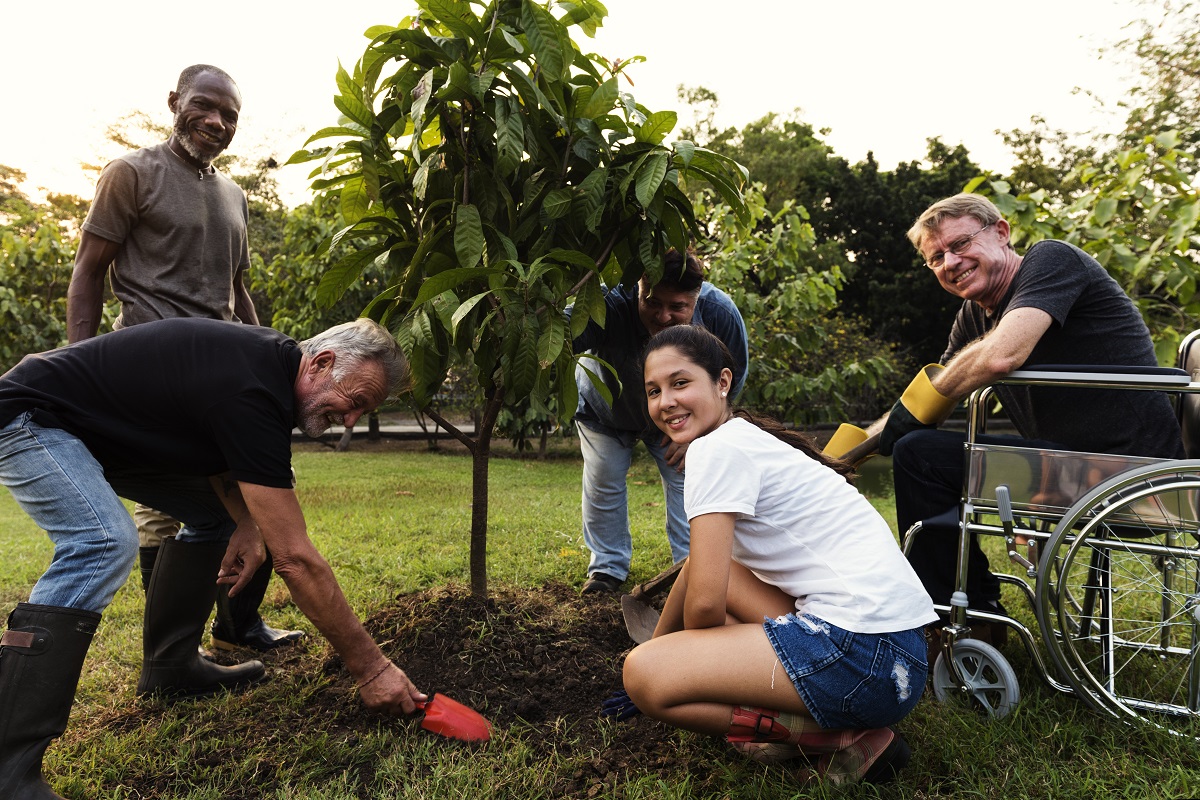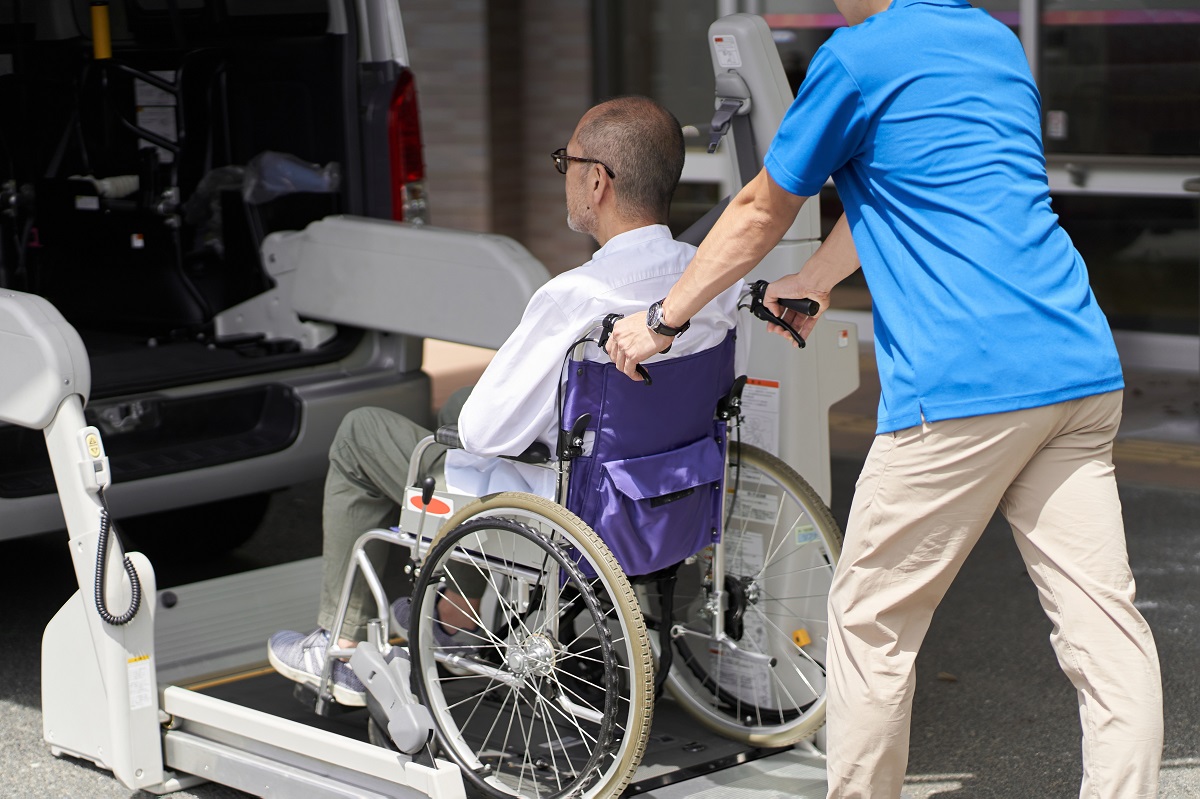A Guide on How to Become a Disability Support Worker
A Guide on How to Become a Disability Support Worker
Being a disability support worker is a career choice that is incredibly rewarding. This field is dynamic, encompassing a diverse array of services designed to enhance the support and autonomy of clients. The core objective is to work towards each client’s unique goals, which are as individualised as the clients themselves. Employing a disability support worker contributes significantly to fostering independence for clients with disability, while also opening avenues for more robust community engagement and participation.
Disability support workers are always in demand. Whether serving as dedicated full-time staff within an agency or as self-employed independent professionals, disability support workers enjoy a range of flexible employment options. The sector offers ample opportunities for both full-time and part-time roles, catering to diverse work-life balance needs.
So, how to become a disability support worker? Let’s explore the different pathways.

What certifications do you need to become a disability support worker?
In Australia, there are no formal qualifications required for disability support workers. However, there are several certifications that are valuable in the field, and attaining a certification will make you more attractive as a candidate for disability support jobs.
Certificate III in Individual Support
A Certificate III in Individual Support will prepare you to provide individualised, person-centred support to people with disability. This certificate program combines theory with practical training and enables you to work in home disability support or in a support facility. The training provides you with the skills and knowledge to fulfill a support role in a predictable environment with significant autonomy. These are key skills for workers in a home environment.
A Certificate III can be completed in as little as 14 weeks, but most programs are six months to a year long. The core curriculum covers principles of support care, recognising healthy body systems, and following safe practices for direct client care. You can also choose from a variety of electives for disability care to further your knowledge on topics such as person-centred care, strengths-based approaches, and augmentative communication tools. Completing this certification will put you in a strong position for jobs such as disability support worker, personal care worker, home support or residential care worker.
Certificate IV in Disability
If you want to further your skills as a disability support worker, a Certificate IV in Disability provides specialised training that will enable you to work with more independence. A Certificate IV typically takes one year to complete, and trains you to a higher level of competence in disability support, enabling you to work in a supervisory or a more specialised role.
People who obtain this certificate usually have already been working in the disability support industry and want to further their career. After completing a Certificate IV in Disability, you’ll be eligible for positions such as disability officer or senior personal care assistant.
Certificate IV in Allied Health Assistance
Interested in forging a career as a support to Allied Health professionals? A Certificate IV in Allied Health Assistance prepares you with the essential skills for a range of allied health support roles, such as allied health assistant, therapy assistant, and community rehabilitation assistant positions.
Diploma of Community Services
The Diploma of Community Services is a targeted course aimed at elevating the capabilities of professionals in the community services sector. It covers advanced skills like program coordination, case management, and business development.
What is the outlook for job seekers in disability work?
In a nutshell—it’s great!
In Australia, 4.4 million individuals, or 18% of the population, live with a long-term disability. Of that number, 32%, or 1.4 million people, have profound or severe disabilities that mean they need ongoing support to live independently.
Upon successful completion of your training, it is likely that you will encounter numerous employment opportunities within the industry.

Getting started on your career in disability support
At St Jude’s we truly value support workers who have a passion for what they do, which is why we offer the highest standards of NDIS disability support services in the industry. So if you think a career in disability is for you, don’t hesitate to get in touch with us for more information.
Additionally, you can check out our Employment page for more information regarding current available positions at St Jude’s. We look forward to helping get you started on your new career journey!